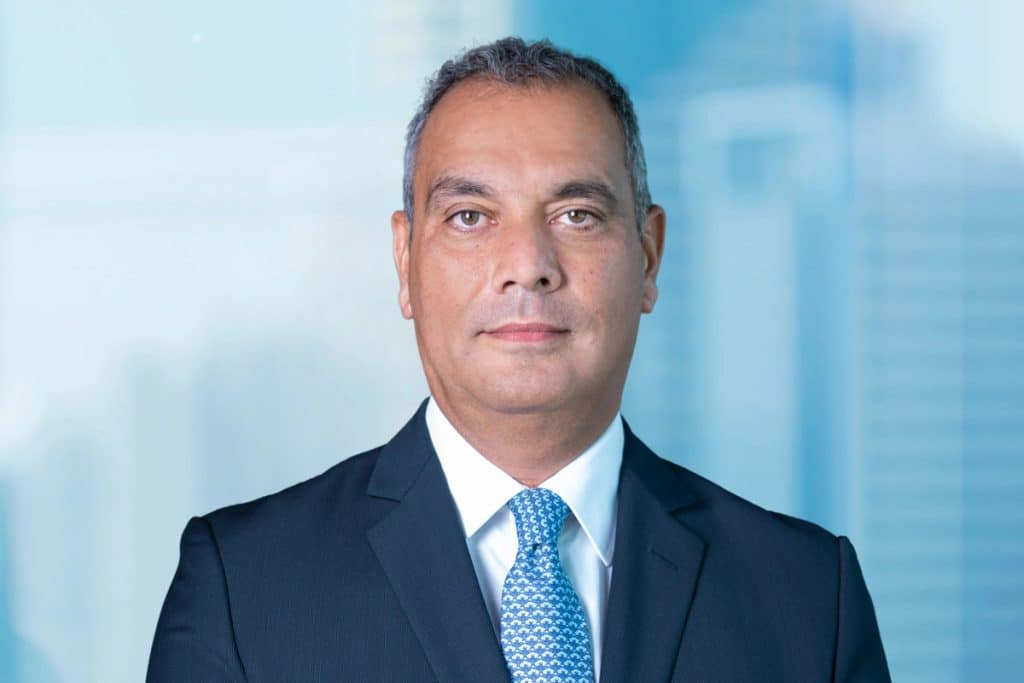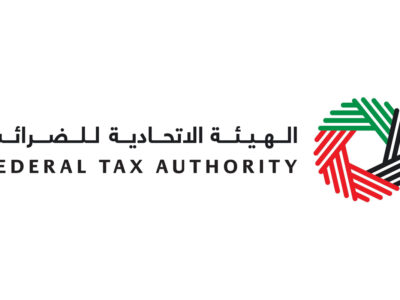UAE corporate tax has finally gone into effect. As companies gear up to implement the new fiscal policy, Arabian Business spoke to experts who weighed in on how the new tax will result in positive yields for the economy and what companies should do to ensure they implement it properly.
“With investment levels at their current high level in the UAE, timing to introduce a corporate tax appears ripe,” said Adela Mues, Partner, Global Corporate Group, Reed Smith.
“Many businesses say the development should not come as a surprise given UAE has always been outside the expected global norms, a position which was bound to attract international scrutiny. Some of the UAE’s GCC neighbour already impose a corporation tax – such as Saudi Arabia and Qatar.”
Read More on the Topic:
- UAE corporate tax ‘inevitable and necessary,’ say IFZA bosses
- UAE announces new corporate tax relief rules for businesses
- UAE Ministry of Finance introduces new tax rule for businesses
As of June 1, UAE businesses will be expected to pay a 9 percent corporate tax if their incomes exceed AED 375,000. Any profits below this threshold will not be taxable.
Pension or investment funds, government, government-controlled organisations, public benefit organisations and extractive and non-extractive natural resource businesses that meet set conditions will not be required to register under the tax law.
This comes as the country boosts its revenue base following the introduction of Value Added Tax in 2018. However, authorities have clarified that there are no plans to introduce income tax any time soon.
“It will be interesting to see how the introduction of the corporate tax will impact the country’s economy. The UAE has been a hub for business and investment in the region, and its tax-free environment has been a key factor in attracting businesses to the country,” Mues said, adding that investors committed to the region are unlikely to be discouraged by the new tax due to the favourable rate and the available options for tax optimisation.

Navigating the UAE’s evolving corporate tax environment
The successful implementation of VAT, which is among the lowest rates in the world at just 5 percent, “demonstrated the UAE’s commitment to progressive fiscal policies,” KPMG’s Wassim Chahine, Partner, Head of Corporate Tax, told Arabian Business.
Similarly, the implementation of a 9 percent corporate tax rate will position the UAE as one of the countries with the lowest corporate tax rates among the 182 nations that have adopted it, underscoring the Emirates’ proactive approach to “modernising its tax framework, fostering transparency, and adhering to international standards such as tax transparency and International Financial Reporting,” said Chahine. He also added that it signifies a strategic move by the government to diversity its income sources away from oil.
The revenues will be used for public services, infrastructure development and investment in key sectors.
Previously, multinational companies in the Emirates were able to generate substantial profits without being taxed within the country. They would have usually been subject to tax in their home countries or other jurisdictions within which they operate.
In light of this, 137 countries, including the UAE, banded together to address the issue of profit shifting and to find ways to maintain tax integrity. This led to the frameworks known as BEPS (Base Erosion and Profit Sharing) 2.0.
“This landmark agreement aims to put an end to profit sharing from high-tax jurisdictions to low-tax ones,” he explained.

These discussions resulted in the adoption of a global minimum tax rate of 15 percent in December last year. However, starting in 2024, the nations that signed this agreement will begin implementing this tax.
Until the end of 2026, startups and SMEs with annual revenues below the AED3 million revenue threshold will be subject to zero tax, a move which Chahine believes comes as a relief for smaller businesses.
“As companies adapt to the new tax landscape, leveraging professional expertise and embracing a proactive approach to compliance will be critical for long-term success in the UAE’s evolving corporate tax environment.”
Seek professional advice
“The introduction of corporate tax in the UAE is perhaps one of the most significant legislations ever enacted in the country,” said Siddharth Kohli, founder and CEO of tax management consultancy Indigenesis Consulting.
“It’s a substantial shift, but with proper planning and execution, businesses can smoothly transition into the new tax era.”
Because corporate tax is a relatively new concept in the UAE, Kohli recommended that companies learn more about the specifics of the tax regime such as the tax rates, applicable deduction, and compliance requirements.
“Business should start with a comprehensive financial analysis, determining the tax’s impact on cash flows and profitability. They may need to reassess their pricing strategies and cost structures to mitigate the tax burden.

“Tax planning should become a regular part of business strategy. An upgraded accounting system is required to accurately record tax-related information. Compliance is critical; late or incorrect filings can lead to penalties.”
Another expert, Dr. Nabeel Ahmed, Partner at DVS Management Consultancy advises companies operating in multiple jurisdictions to carefully manage profit repatriation to minimise tax liabilities.
“This can involve strategies such as dividend planning, intercompany loans, royalty payments, or management service agreements,” said Ahmed.
“It’s important to ensure these strategies comply with both local tax laws, accepted tax principles and international treaties.”
He cautioned multinational companies with cross-border transactions between related entities to pay careful attention to transfer pricing regulations.
“Regular review and documentation of intercompany transactions can help minimise the risk of tax disputes and penalties.”









